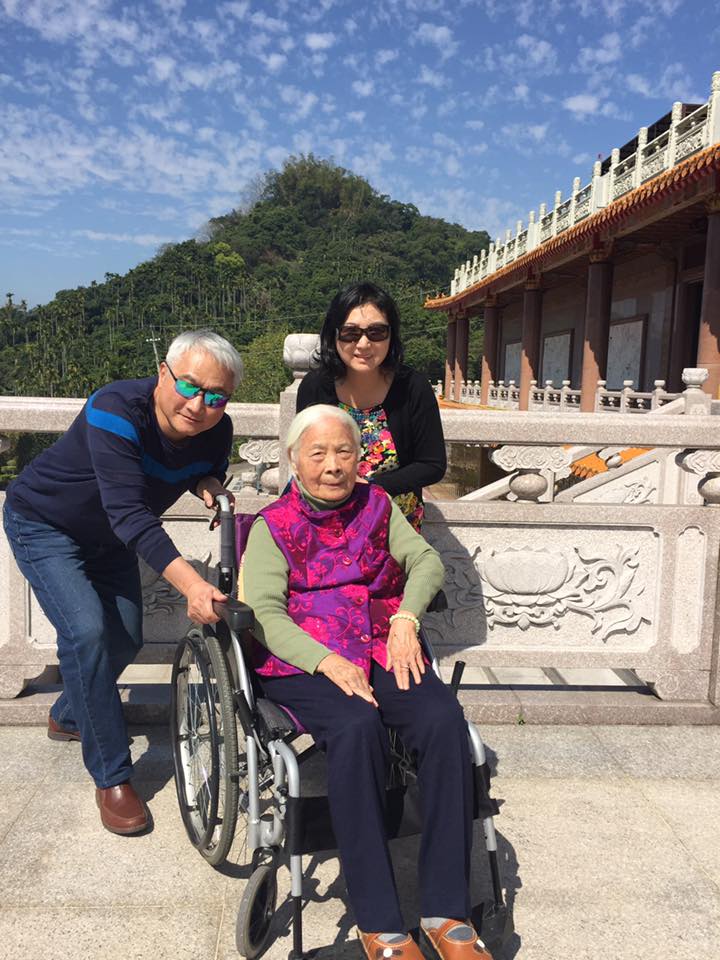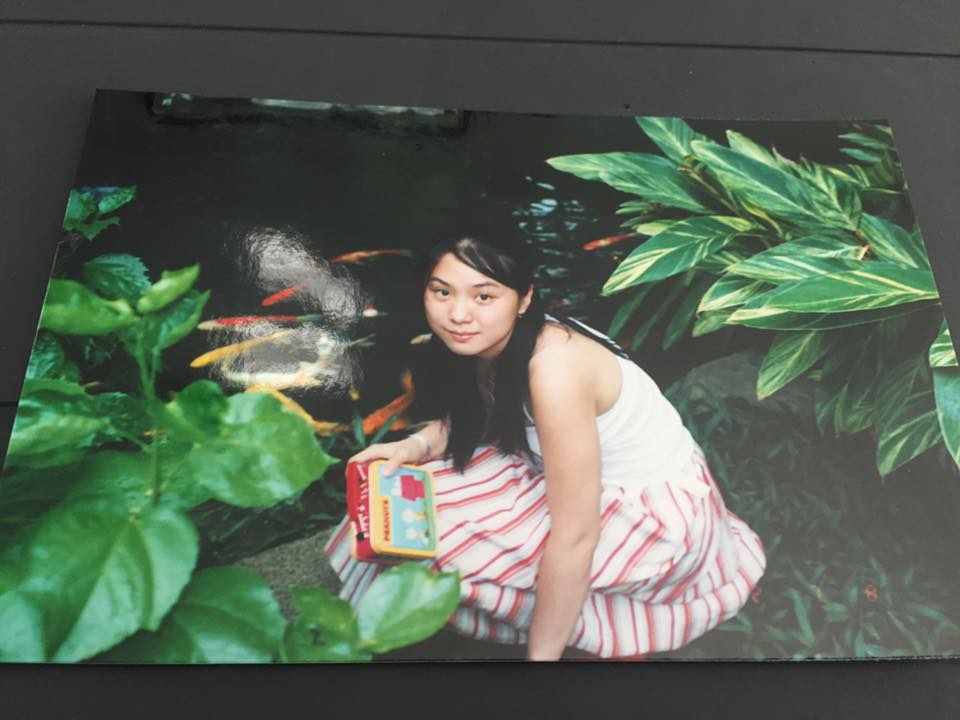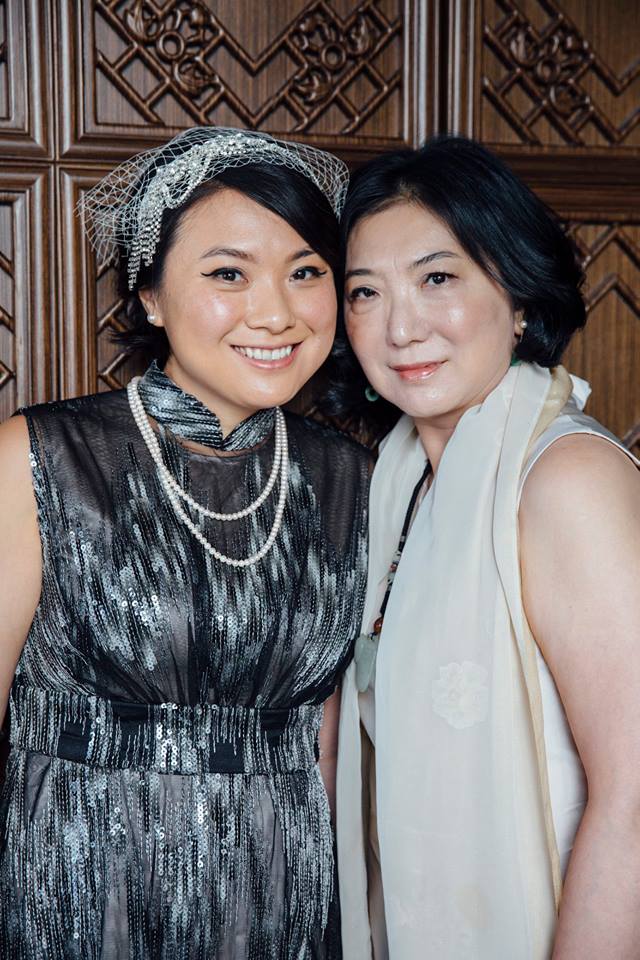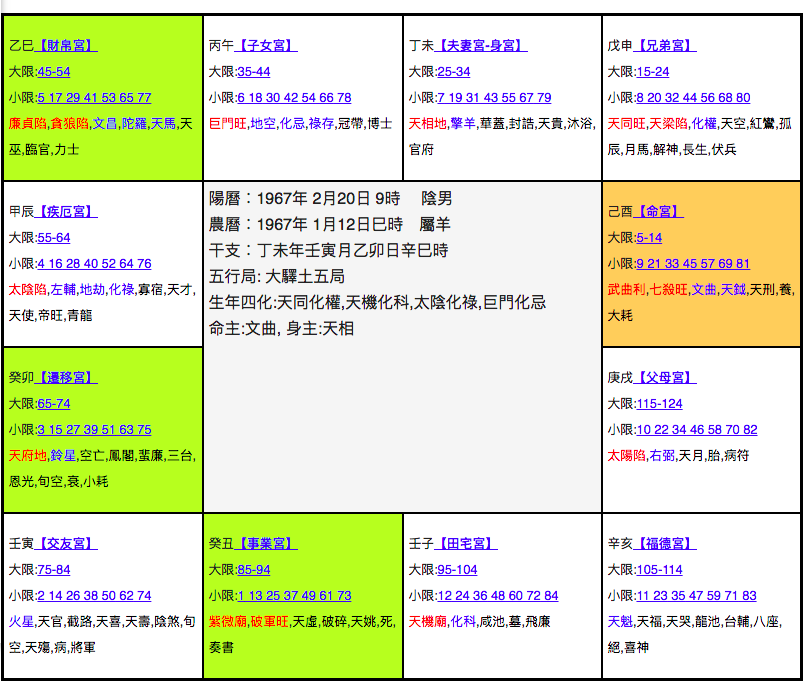Dear Reader, this post is part of a three-part series. Please read Part I before proceeding.
Once Baba parked the car on the unpaved gravel lot, we got off and started to unload the offerings. Derek emptied a basket of fruit and candies and passed them to Mama. He then tried to give her more but Mama, in her rudimentary English said, “Okay, enough. No more.”
Derek looked at me, puzzled.
“Sweetie, the rest is for the cemetery,” I explained.
“Why do we need to have different offerings for the cemetery?” He asked.
His question made me pause. I’d never thought about why. It has always been the way it is: Ama’s family get their offerings, the Chang ancestors get their own, plus the flowers, and the gods also get their set of offerings.
“Mama,” I asked in Mandarin, “Why do we have different offerings for everybody?”
“Well, you wouldn’t offer leftovers to your guest when they come to your house for dinner, right?” She stated, matter-of-fact, “it’s the same with the gods and ancestors.”
Ironically, Derek, my American, Midwestern husband who grew up in a Christian household, was the person who got me thinking about the traditions I always took for granted.
Baba led the way to a little shack next to the make-shift temple. He approached the two smiling nuns with clean-shaven heads at the counter and pass them two 1,000 NTD notes. One of them gave him a donor form. He filled it out using his mother, Ama’s name as the head of the household. He wrote down everybody’s names, including his older sister and younger brother, along with their spouses and children. This year, he also added a new name on the form: Derek’s.
We placed the offering on a table in a large room. A gigantic, golden Buddha took up most of the front of the room. There are numerous round tables with little lotus shaped signs with the names of the donors written on them. By donating to the temple, our names sit in a room with Buddha all year long, bring us peace and prosperity. Mama gave me, Derek, and Baba each two lit incenses. We first worshipped the Jade Emperor in the sky. Then we turned around to worshipped the Buddha.

After the temple, we headed to the columbarium.
Mama forbade Derek and me to enter the columbarium the first time we visited because she wanted us to avoid ghostly spirits close to our wedding day. Despite Mama’s best effort to avoid entanglements with the afterlife, Derek and I got married on Halloween, my favorite holiday, later that year. We had a costume party, and my wedding dress was black.
When we revisited the following year, we went inside. As we entered, there was a faint waft of incense and I shivered—the temperature dropped slightly as if appeasing to the dead who no longer needed warmth. Baba guided us through a narrow hallway that had rows and rows of wooden urns stacked on top of one another. Following behind Dad, I made mental notes of the almost identical containers labeled with the deceased person’s name, and sometimes it might also include a headshot. Some of the urns were new and shiny, while others looked dusty and faded. Walking around in the columbarium was like traveling in a packed subway train during rush hour, surrounded by a bunch of strangers in a tight and intimate space. Imagine feeling squished and cramped but not able to see the other passengers. Though their spirits were invisible, their lack of manifestation still had a presence.
As I walk, I could feel the spirits of the people inside the urns brushing up against me, as if pleading with me to stop and visit them. I paused before a box to study a black and white photograph of a stern looking old man in a suit. His urn looked as though it’d seen the changes of seasons, and yet it was clean, and the picture on the box was fresh, indicating a regular visit from his family. At one point, I came across a photograph of a young girl smiling in her pigtails. However, her urn was dusty and the features of her face blurred. Studying her young face, I wondered what misfortune had fallen on her, and why her family had not been visiting. When we got to the front of the urns that contained the ashes of Ama’s family, Mom gently tapped on each of them to let them know that we had arrived. There weren’t headshots, but the urns had their names printed in black characters. I look at my adopted great-grandmother’s name and contemplated about this person who raised Ama. I have no recollection of her as I had only met as a baby before she died. We merely stopped for a minute or two to say hello. Then we took the same route out of the columbarium, leaving all the spirits behind.
Derek and I only went into this columbarium once. The following year, Baba moved Ama’s family’s ashes in a brand new temple on a hilltop with a pretty garden. It took a lot of research for Baba to choose this place because this is where Ama will be after she passes. Typically, when the matriarch of the family passes away, she goes into her husband’s family’s tomb. However, since Ama was not Agon’s legitimate wife, other arrangements need to be made. I think Baba has always felt sad about his mother’s situation; this is why he always makes sure that we get up early every Chinese New Year’s Day to worship Ama’s family, to show her that when she joins them one day, we will be visiting her every year.
In the next post, we visit the Chang mausoleum in the cemetery, and I will tell you all about my ancestors.








